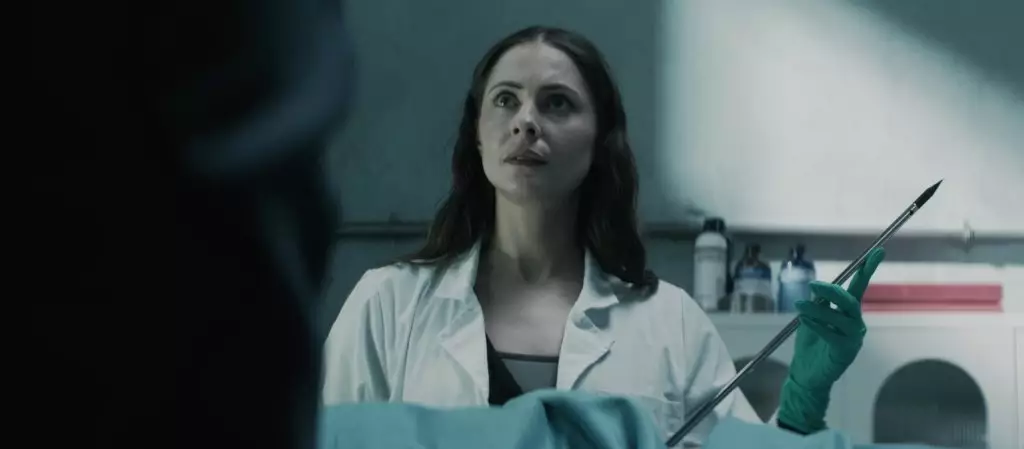The recent announcement surrounding the adaptation of *The Mortuary Assistant* into a feature film reveals far more about the industry’s obsession with capitalizing on nostalgia and popular franchises than about genuine artistic innovation. While fans of the original horror video game may be excited at the prospect, this project exemplifies a troubling trend: the bland commercialization of unique creative works under the guise of cinematic depth. The decision to turn the cult hit into a movie risks stripping away the psychological nuance that made the game compelling, reducing it to a mere spectacle designed to satisfy genre expectations rather than challenge viewers’ minds.
Commercial Exploitation Over Artistic Integrity
This film is less an artistic endeavor and more a calculated marketing move, aiming to generate revenue by riding the coattails of gaming culture’s growing popularity. The industry’s obsession with adaptation often results in lazy reproductions that lack the originality and depth of their source material. Entrusting the narrative expansion on demonic rituals and secretive characters to a roughly sketched script indicates a missed opportunity to explore the deeper themes of trauma and human vulnerability. Instead, what we are likely to get is a superficial horror spectacle, an empty vessel of scares that relies on CGI and jump scares rather than meaningful storytelling.
A Missed Opportunity for Cultural Reflection
At its core, horror should reflect society’s deepest anxieties and challenge audiences to confront uncomfortable truths. Instead, this project appears disconnected from pressing social or cultural issues, favoring surface-level thrills. The focus on demonic entities and supernatural rituals risks perpetuating stereotypes about mental health and trauma, trivializing real pain and suffering in favor of sensationalism. Horror can be a powerful vehicle for social commentary, but this adaptation seems content to serve as mere entertainment, at best a mindless distraction, at worst a shallow reflection of Hollywood’s relentless and mindless pursuit of profit.
The Flawed Promise of “Faithful” Adaptation
While terms like “faithful” and “cinematic expansion” sound promising, they are often buzzwords masking a lack of originality. Without a profound understanding of the source’s psychological depths, the film could easily devolve into a predictable, genre-mashed mess that offers little new insight. The casting choices, such as Willa Holland and Paul Sparks, suggest some effort at depth, but these actors are unlikely to elevate material that appears to be more focused on style over substance. Adaptive works must transcend their origins to comment on larger themes, something this project risks failing to do.
Impending Disappointment from Industry Complacency
Ultimately, the adaptation of *The Mortuary Assistant* highlights a broader cultural critique—the industry’s complacency in rehashing familiar tropes at the expense of innovation. Instead of pushing boundaries or exploring meaningful horror, studios are content to bank on fan loyalty and genre formulas. This film, like many adaptations before it, may satisfy some craving for fleeting scares, but it ultimately reflects the stagnation and shortsightedness that continue to plague contemporary horror filmmaking. Such projects only serve to reinforce the idea that the industry values quick profits over genuine artistic expression, leaving audiences with more of the same predictable, aestheticized horror fare.


Leave a Reply